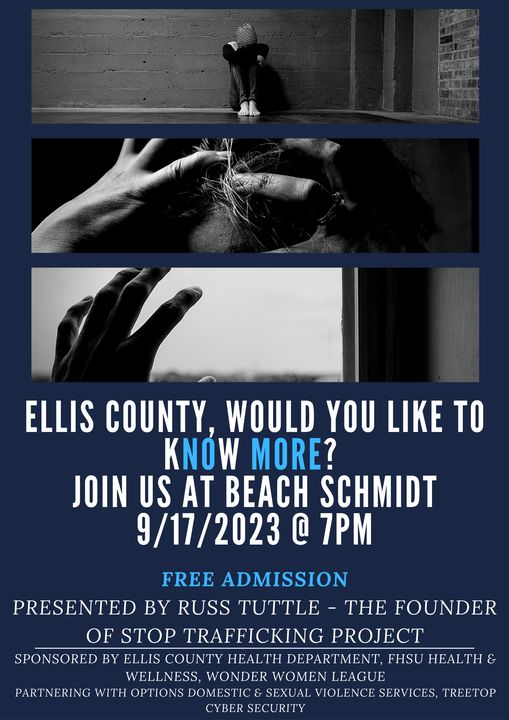In today’s digital age, technology intertwines with every aspect of our lives. We exist in a virtual realm – with a large portion of our lives documented online. High school students are now navigating a new set of challenges that were virtually nonexistent a few decades ago – cyberbullying and cyberstalking. While the online world brings immense opportunities for learning and connection, it also poses serious threats to the mental and emotional well-being of teens. If not caught soon enough, there can be serious immediate repercussions as well as long-lasting side effects.
Cyberbullying and cyberstalking have rapidly become some of the most pressing issues affecting adolescents. In essence, cyberbullying refers to the act of using digital communication platforms to intentionally harm, threaten, or harass someone, usually repeatedly. Cyberstalking, on the other hand, involves persistent and unwanted online attention, often driven by malice or an intention to control.
The cloak of anonymity that the online world provides can embolden individuals to engage in behavior they might never consider in person. Teens can be particularly vulnerable targets due to their still-developing emotional coping mechanisms and the relentless nature of online interactions. The impacts of cyberbullying and cyberstalking can be devastating, leading to feelings of isolation, anxiety, depression, and even suicide. As parents and educators, it is crucial that we understand the signs and equip ourselves to protect teens.
Identifying whether a teenager is a victim of cyberbullying or cyberstalking can be challenging, as they might not always open up about their struggles. However, some common signs might indicate their involvement in such incidents:
- Emotional Distress: Sudden changes in mood, irritability, anxiety, and withdrawal from friends and activities they once enjoyed.
- Reluctance to Use Devices: Drastic avoidance of using computers, smartphones, or social media platforms.
- Hesitancy to Attend School: A decline in academic performance or repeated attempts to skip school could be indicative of offline bullying stemming from online incidents.
- Change in Social Patterns: Drifting away from friends, reluctance to interact with peers, and isolation from social gatherings.
- Unusual Online Behavior: A sudden change in online behavior, such as abruptly deleting social media accounts or avoiding specific platforms.
Empowerment Through Education: Tips for Parents
In the digital age, the responsibility to protect children extends into the online realm as well. Here are some essential tips to help you safeguard your teens from cyberbullying and cyberstalking:
- Open Communication: Create an environment where your teenager feels comfortable discussing their online experiences without fear of judgment. Regularly check in with them about their digital interactions.
- Educate About Online Behavior: Teach your teens about appropriate online behavior, empathy, and the consequences of their actions. Help them understand the importance of treating others with respect, both offline and online.
- Privacy Settings and Security: Familiarize yourself with the privacy settings of the platforms your teenager uses. Encourage them to keep their personal information private and use strong, unique passwords.
- Stay Informed: Be aware of the apps, websites, and social media platforms your teenager uses. Stay informed about the latest trends in online behavior and technology.
- Encourage Reporting: Let your teen know that they can always come to you if they experience any form of online harassment. Teach them to report abusive content or behavior on social media platforms.
- Limit Screen Time: While technology is essential for various aspects of life, setting reasonable limits on screen time can help reduce the chances of exposure to negative online interactions.
- Model Healthy Behavior: As a parent, you are a role model. Demonstrate responsible online behavior and digital etiquette to set a positive example for your teenager.
Navigating the Digital World: Tips for Teens
Teenagers themselves have a vital role to play in ensuring their own online safety. By adopting responsible online habits and knowing how to respond to cyberbullying and cyberstalking, they can better protect themselves:
- Protect Personal Information: Be cautious about sharing personal details online. Avoid posting sensitive information, such as your home address, school name, or contact details, publicly.
- Think Before You Post: Encourage your friends to think before posting or sharing content that might be hurtful to others. Remember, once something is online, it can spread quickly and be difficult to erase.
- Online Etiquette: Treat others online as you would in person. Use respectful language and avoid engaging in arguments that can escalate quickly.
- Report and Block: If you encounter cyberbullying or cyberstalking, report the behavior to the platform’s administrators and consider blocking the individuals involved.
- Talk to a Trusted Adult: If you’re facing online harassment or bullying, don’t hesitate to talk to a parent, teacher, counselor, or another trusted adult who can offer guidance and support.
- Document Evidence: If you’re a victim of cyberbullying or cyberstalking, take screenshots or save messages as evidence. This can be useful if you need to involve authorities or school administrators.
- Maintain Balance: Balance your online activities with offline ones. Engage in hobbies, sports, and social activities that don’t involve screens.
In the realm of cyberbullying and cyberstalking, prevention and intervention require a collaborative approach between parents, educators, teenagers, and online platforms. By staying vigilant, fostering open communication, and promoting responsible online behavior, we can create a safer digital environment for our high school students.
If you need any additional information, have a question, or a concern, feel free to reach out to Options at our 24-hour toll-free helpline 800-794-4624. You can also reach an advocate via text by texting HOPE to 847411 or click 24-Hour Chat with Options.
Written by Anniston Weber
Mark Your Calendars!
Join us on September 17th at 7 pm for an enlightening event featuring Russ Tuttle, founder of The Stop Trafficking Project. Hosted at Beach/Schmidt Performing Arts Center, this free event is open to adults aged 18 and above.
If the impactful Sound of Freedom film screening left you curious for more, don’t miss this opportunity to deepen your understanding of sex trafficking and online safety. Regardless of your background, profession, or location, we warmly invite you to join us and gain valuable insights.






